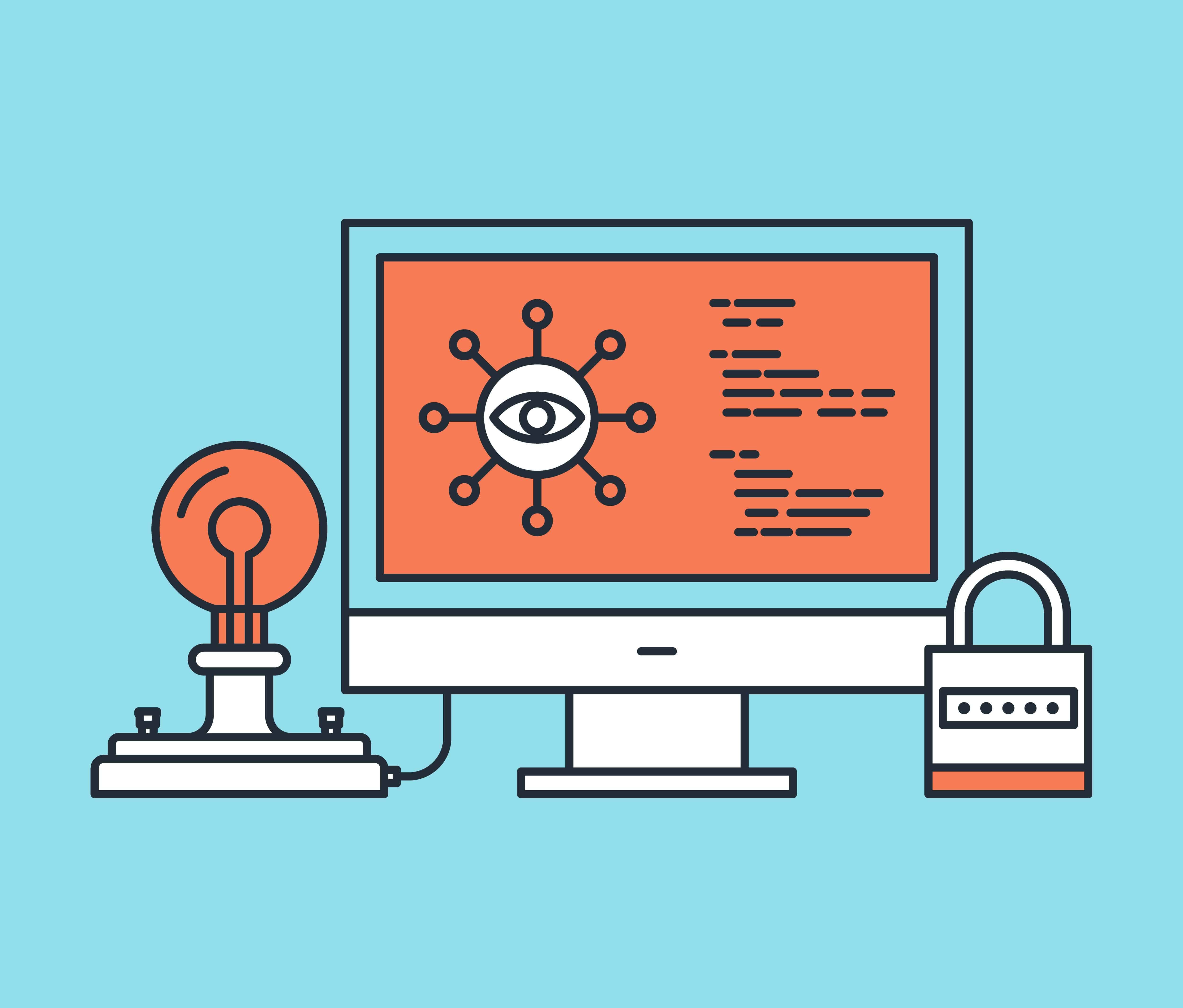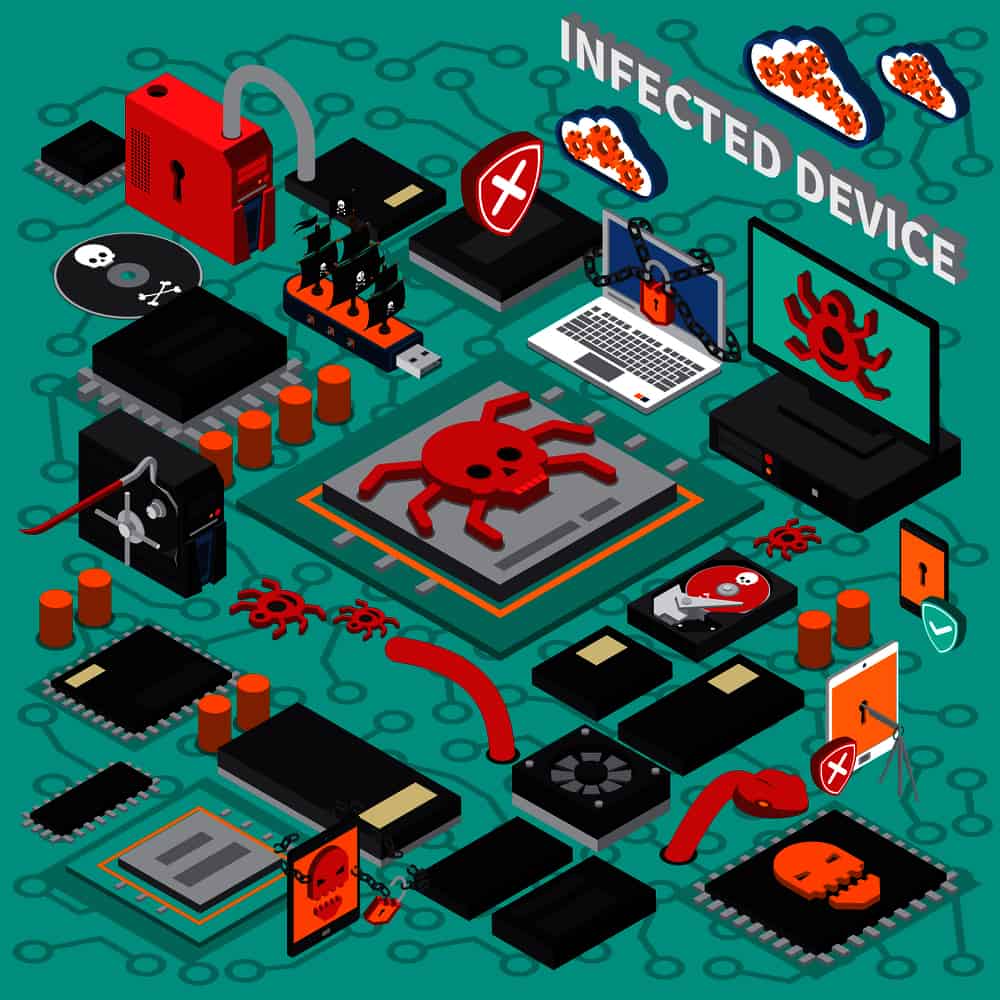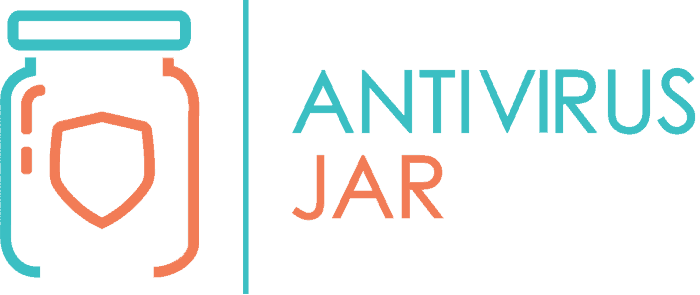
These days, antivirus software is pretty much essential for anyone who uses the internet. But if you’re not quite tech-savvy or you’re the type of person who just found out that there is such thing as fake antivirus software… Perhaps a little bit of extra knowledge on what is antivirus software will help you a lot.
That way, you’ll not only understand what does antivirus software do and why you need to use one for your PC. But you’ll also be capable to spot rogue software and stay away from many of the malware that roams over the web. Or from the scams that cybercriminals are constantly preparing.
By the end of this article, you might even start asking yourself “What kind of antivirus software do I need?”. Because yes, the offer can be quite overwhelming, particularly for a newbie. And you can tell that, even by just looking into all the things that antivirus software is supposed to offer.
Sure, you’ll soon discover that there’s no such thing as perfect protection for the web. It all comes down to doing the best you can to stay ahead of the worst that hackers are preparing.
You just focus on running a security suite and keeping it up to date.
Constantly revise your online behavior.
And err on the side of caution.
All these should help you avoid the very unpleasant experiences that others come across. But to begin with, know your options.
What is an antivirus software?
Antivirus software is a dedicated software that users must install on their computers. The purpose is to identify and block the entrance of malware and other types of viruses. For it to be effective, it should have certain permissions that allow the software to look at all the data that travels through the network towards your computer.
Files that are being downloaded…
Software running on the desktop or in the background…
Apps with intrusive permissions…
Web pages accessed…
All these are analyzed by the antivirus and filtered from the perspective of many different potential threats.
Your antivirus software has a certain image of what a threat looks like, based on a previously created database of known threats. On top of that, it also gets to gather new information about newer threats and update its database for future reference.
Most of the time, the software is proactive. When a known threat is detected, it switches to the reactive mode. It doesn’t just flag the suspicious behavior and notify you about it. But it may also take protective measures such as blocking the action until you manually approve a different course of action.
Depending on how sophisticated it is, it can even run that threat in a sandbox, getting to know exactly what it does without putting your device at risk in any way. But that’s a different story and before we delve into it, we should add that antivirus software is supposed to offer protection against:
- Viruses
- Worms
- Trojans
- Spyware
- Spam
- Adware
- Ransomware
In other words, from getting unsolicited emails to having all your data blocked behind a ransomware request, the antivirus can and should keep you safe from lots of bad things. How, you wonder?
How does antivirus software work?
Viruses are sneaky. Designed to enter a device, spread its malicious code, give access to your computer to a hacker, and then move on to infect another device, a virus is even more dangerous as it can often stay hidden until it is too late.
By the time you realize there is something wrong with your device, your system may be severely compromised; your sensitive data already available for sale on the black market; or your online accounts hacked. If it crashes your device, you’ll surely notice. But what if it just stays hidden and monitors your online activity?
And so, it makes sense to ask yourself things like:
How does antivirus software identify potential viruses?
And once it does so, what does antivirus software do about it?
How does antivirus software work to prevent the access of viruses?
And is there anything it can do if some viruses do manage to enter your device?
At its core, the antivirus is a compiled application that constantly scans other apps, in an attempt to compare the information that it gets about it with the information it already has stored in a database of virus signatures.
But hackers are never on vacation and new virus signatures are created all the time, either from scratch or by modifying an already existing virus code. Therefore, it is the responsibility of the antivirus software developer to identify the new virus signatures and to update the antivirus software’s database with new definitions, daily if it’s not possible more often.
Described above was the signature-based detection that traditional antivirus software makes use of. Ever since it was invented, hackers went through creating oligomorphic, polymorphic, and even metamorphic virus versions, to bypass it.
Specifically designed to encrypt certain parts of their code or even to modify their code in the process, to stay disguised and prevent antiviruses from matching their virus signatures, such viruses require more sophisticated approaches.
The advanced methods that antivirus software uses to detect viruses

- Heuristics is the next best thing after the traditional signature-based detection. It was conceived as a fightback to these ever-changing signatures. And it refines the detection by categorizing viruses as parts of families. In other words, it will detect a specific signature as dangerous even if it doesn’t exactly match the dictionary definition.
- Data mining and machine learning are two of the most recent malware detection approaches. Used together, these algorithms will look at the behavior of a certain file and anticipate whether it is harmful or not just by analyzing its features.
- Sandboxing is a behavior-based detection mechanism that doesn’t try to guess anything. It simply lets the virus play its part, only that in a controlled, virtual environment. After seeing it in action will precisely tell if it’s malicious, and block it, or if it’s harmless, and allow it to run.
- Rootkit detection is a very effective protection method. Rootkits will offer a hacker administrative control while being undetected and it can often require re-installing the OS to get rid of it. Scanning for rootkits is, therefore, a very important type of detection among the many antivirus software out there.
- Real-time protection is supposed to block the harmful programs right as they load data into the active memory of the PC. Like when you’re opening the email with an attached virus; when you access a spoofed web page; or when you want to execute a harmful file that you just transferred to your PC. It is, of course, the best form of protection of them all, though it is also one of the most difficult to implement.
As you can imagine, the future belongs to the real-time protection combined with data mining, machine learning, and artificial intelligence. Antivirus software will have to rise to the level of the more and more complicated attacks that hackers are orchestrating all over the web.
And so, sitting and waiting for a virus to come in, cause harm, and only then identify it is no longer an option.
Are you now wondering “What antivirus software should I use”?
We understand, there’s no easy answer to this question. Not when there are so many threats out there. And certainly not when then are so many options on the market. We’ve tested many antivirus software, so far, and this puts us in an even better position to understand your frustration and uncertainties over the subject.
The good news, however, is that there isn’t necessarily just one antivirus software you could use and stay protected. So, perhaps, the better question here would be what features to look for, when shopping for the right antivirus product. If you ask us, we believe that, regardless of how you use your computer, a good antivirus should offer you at least the following features:
- High detection rates for the most common malware types;
- Protection against the latest threats, with frequent updates;
- Efficiency in removing viruses, ideally with a virus cleanup mode;
- Minimal impact on your system’s resources and performances;
- Backup options, just in case the worst will happen with your data;
- Dedicated firewall function;
- Social media protection, especially against malicious links or phishing attacks;
- Web navigation protection;
- Parental controls, if you have children using your PC.
The entire above would sum up the protection mechanisms. But as research will show you, different antivirus solutions provide most of these features, with certain limitations or extras. Licenses for a specific number of devices, firewall only with the top-tier products, identity protection only with a certain package, and so on.
What we’re trying to say is that you can easily end up looking at more than two different antivirus software that promise everything from above, in different forms, at different costs. How do you decide which one is worth paying for?
By looking into the best security software for your specific needs! Because it can be very easy to let yourself impressed with many promises and overlook that you might actually not need all those promises.
Things to consider whenever questioning “What kind of antivirus software do I need?”
From a distance, we say you need to keep in mind:
- The number of devices that you wish to protect with a certain antivirus solution;
- The operating system you’re running on those devices – certain antivirus software makes some of its features available only for Windows devices;
- Performance tests conducted by third-party investigators – don’t just trust the seller’s promises, regardless of how big the brand is;
- Ease of use, as confirmed from independent reviews – some software versions are great only for the tech-savvy users who really know how to tweak all the settings, while others work great with minimal intervention from you;
- How many extras they have available and at what costs – identity protection and parental controls, as well as backup and tune-up options are the most common extra features;
- Whether you need those extras for the time being or if you see yourself wanting to access it in the future.
If you really want to take a closer look, we suggest you begin either with free trials or with free antivirus versions. It might help you to know that Avast and Avira have some of the most generous packages (as far as features are concerned). Yet Bitdefender and Kaspersky have some of the most effective free antivirus tools. We’ve analyzed them in depth in a previous article on the best free antivirus software in 2019. You might want to check that one out before anything else.






